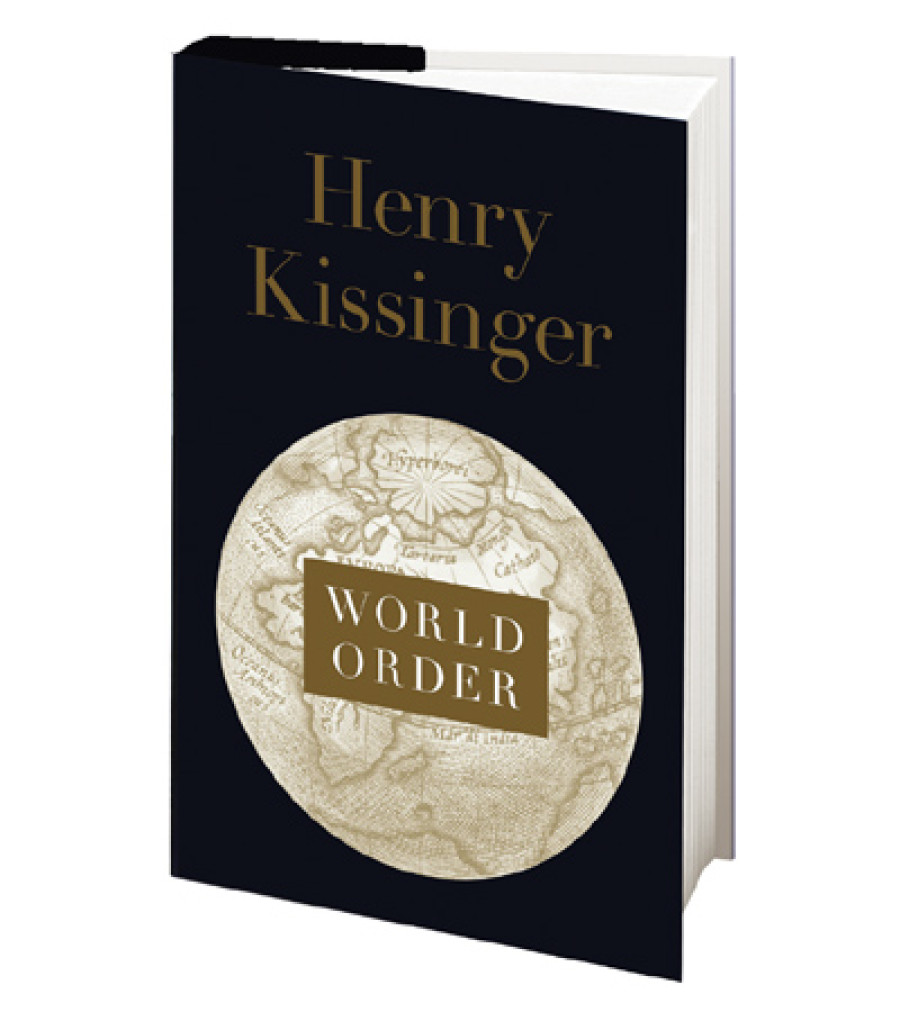Miscellaneous
A New world order
Let’s start with the basics: By ‘world order’, Henry Kissinger, in his book, World Order: Character of Nations and the Course of History, means “the concept held by a region or civilisation about the nature of just arrangement and distribution of power thought to be applicable in the entire world.
Let’s start with the basics: By ‘world order’, Henry Kissinger, in his book, World Order: Character of Nations and the Course of History, means “the concept held by a region or civilisation about the nature of just arrangement and distribution of power thought to be applicable in the entire world.” This being the concept, it, however, does not guarantee success of a world order unless and until it is maintained by a balance between ‘legitimacy’ and ‘power’.
Well, what does he mean by ‘legitimacy’? He defines it as “a common set of accepted rules that define the limits of the permissible exercise of power.” He recognises that rules do break down from time to time in international affairs. However, restraint can be enforced only when there is a ‘balance of power’ in international relations.
Kissinger suggests that three world orders are currently predominant.They are: (a) European, (b) Islamic, and (c) Asian. He proposes the European, or the Westphalian, system as most suitable for the 21st century. It, in his view, allows pluralism and a multi-polar world, which the Islamic viewpoint does not accept, as they wish for a Caliphate system—a multiethnic super state—that rejects pluralism.
In sum, it seems to me, Kissinger has visualised the 21st century as an era portending turbulence and constant crises in the realm of global interdependence with, preponderantly, Occidental and Oriental values interfacing each other in a multi-polar globe driven by rapid technological advances, as well as one that faces risks from ideological extremism.
To Kissinger, the only way to avoid world conflagration in the 21st century is by adopting the theory and practicing Balance of Power (BOP), that prevailed in Europe in the 18th and 19th centuries. He would like to see a new world order led by the US but owned by all.
What is remarkable about his prognosis is that he makes a solid case for the US to be proactive internationally and not isolationist, a stand which tends to reverberate politically from time to time in America. He calls for a ‘suitable leadership’, which, in my understanding, does not hark on American exceptionalism, but is deeply cognisant of the psychological, cultural, religious, and social developments over the centuries in Europe, the Arab World, China, Japan, and India. It calls for a dialogue between civilisations while duly recognising that Western approaches are not universal. Here, Kissinger is a realist-par-excellence who rejects any notion of an ethical foreign policy where moralising is given space.
As we seek a new global order, we tend to want a world order that is replete with new laws, rules and regulations, where order is cultivated through negotiations and not simply imposed and executed by an international bureaucracy. But for Kissinger, a better way to conduct international relations is through statecraft, statesmanship, and the use of a ‘balance of power’ system through diplomacy.
Kissinger’s theory is grounded on real politics and not on human rights and democracy. He expects the US to play the role of a balancer, just as the UK did in bygone centuries. But he expects the US to serve as a moderniser of all other cultures by not “harping on its domestic values but by enlarging cosmopolitanism by accepting others”—thus modernising the old Westphalian system, as it was, with an American flavour. With the kind of demographic change that the US is now undergoing, it should not be difficult to adjust its national values towards greater accommodation of other cultures.
And this seems to be what President Obama is now seeking, as opposed to getting rid of dictators at random in a crusade for democracy and human rights which then extends to military occupation and so called institution building. Toppling Saddam Hussein, Maumar Gaddafi and now attempting to do so with Syria’s Assad are all bad strategies according to Kissinger. So is the notion of ethical foreign policy.
Such missionary-role and arrogance brings more turmoil and pain to the world than peace and order. He underscores that the failure to recognise the validity of other cultures and psychologies has resulted in military and diplomatic catastrophes for US foreign policy in the past.
The eminent scholar-statesman’s thesis is deeply grounded on the belief that we are living in a world of chaos and turbulence and it will likely accelerate unless we create a new world order. This world order can and should be based on Europe’s gift in diplomacy namely, the BOP model. He now expects the US to lead proactively by balancing the ambitions and interests of China, Islam, India and one may also add Russia.
Not all will agree with Kissinger’s theory of a world order that is so solidly cemented in real politic and Machiavellian amoralism in the supreme pursuit of national interest. He belongs to the realist school of diplomacy as opposed to the idealist school. Ardent critics of Kissinger’s model for world order condemn him for disregarding the need for the supremacy of international law that is governed by humanism with due recognition to the threats to Planet Earth from global warming and climate change; health pandemics, international migration and global criminal networks. These critics believe that foreign policy must never be alienated from domestic policy and for real statesmanship to be effective, they must come from the bottom up and not be driven down from above, bypassing peoples’ needs and rights.
Rana, former Minister of Finance, is a professor at SAIM, Kathmandu




 12.12°C Kathmandu
12.12°C Kathmandu









